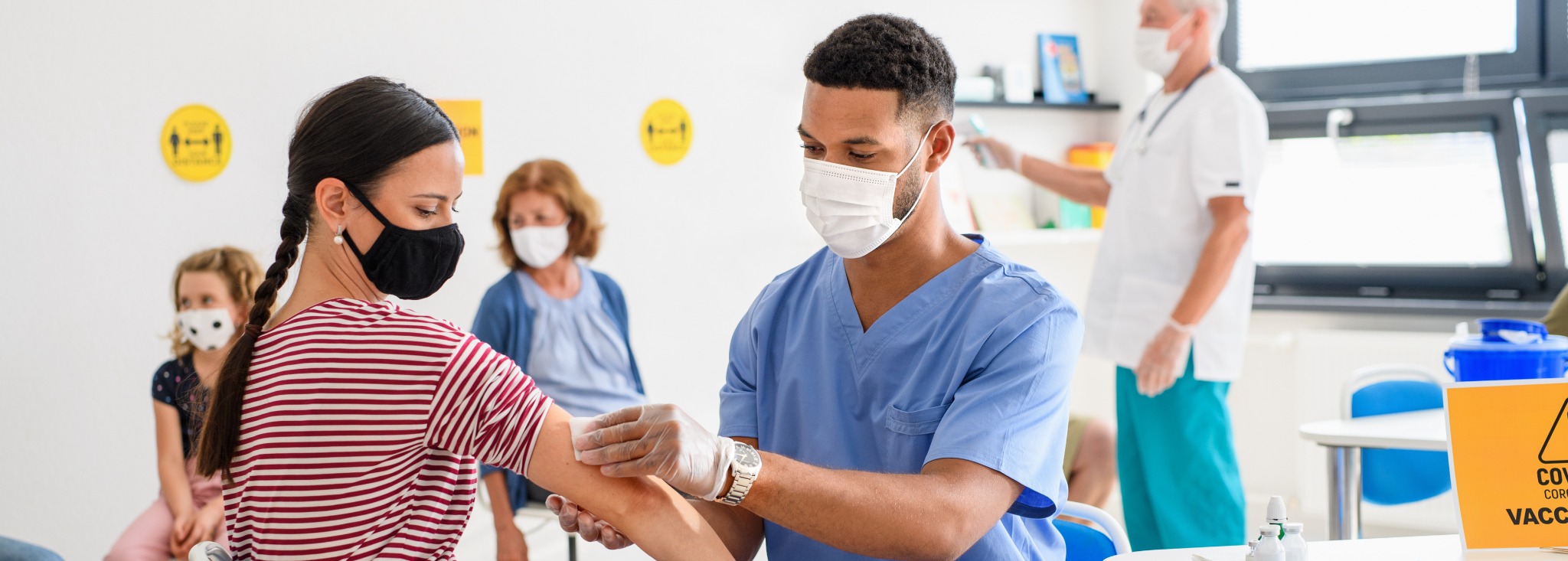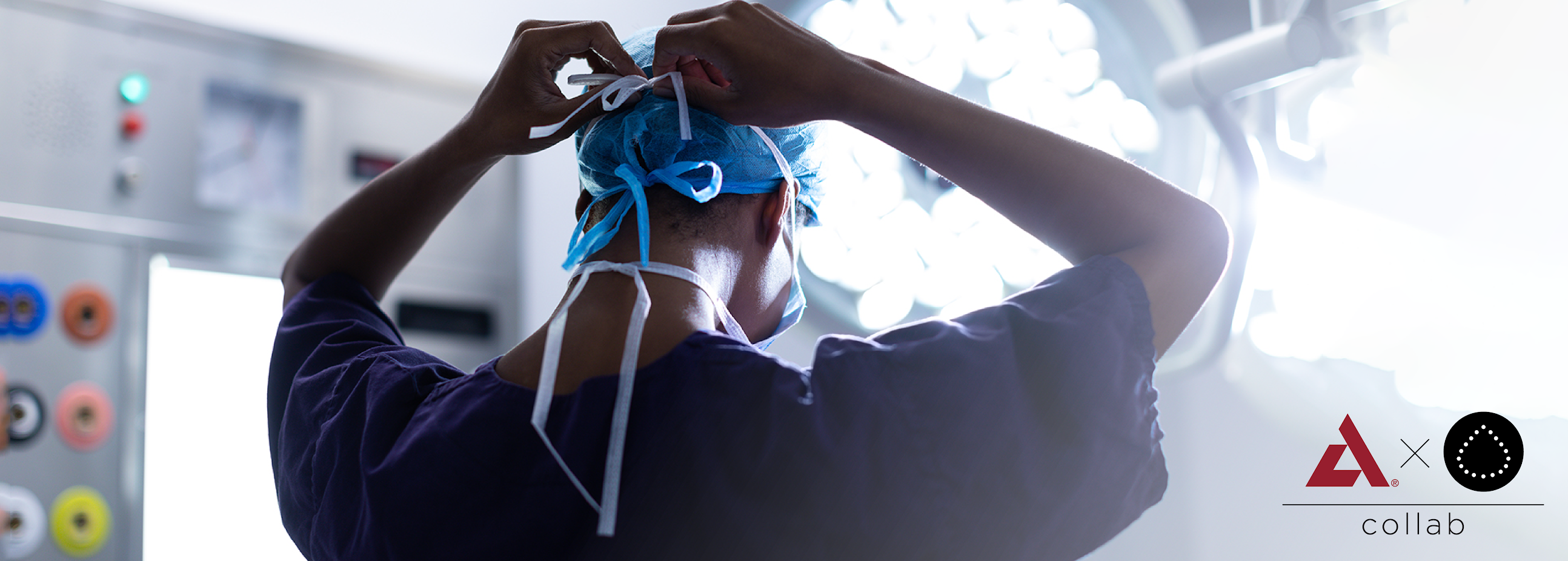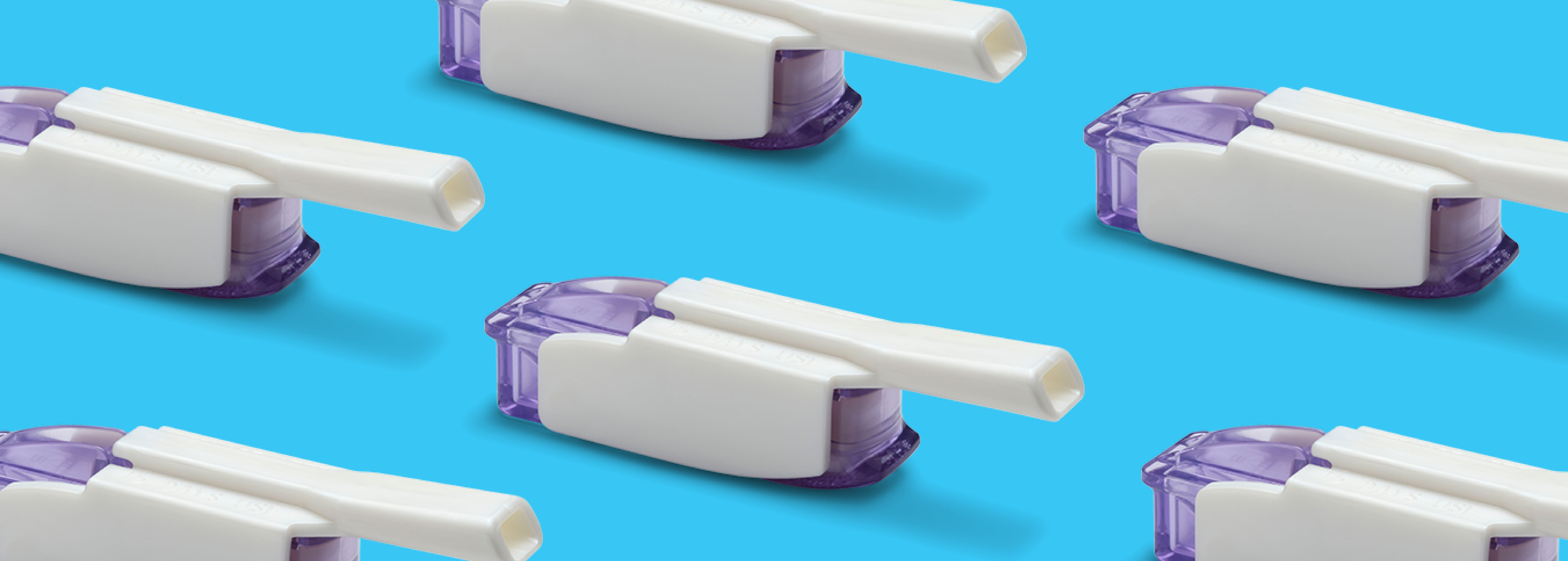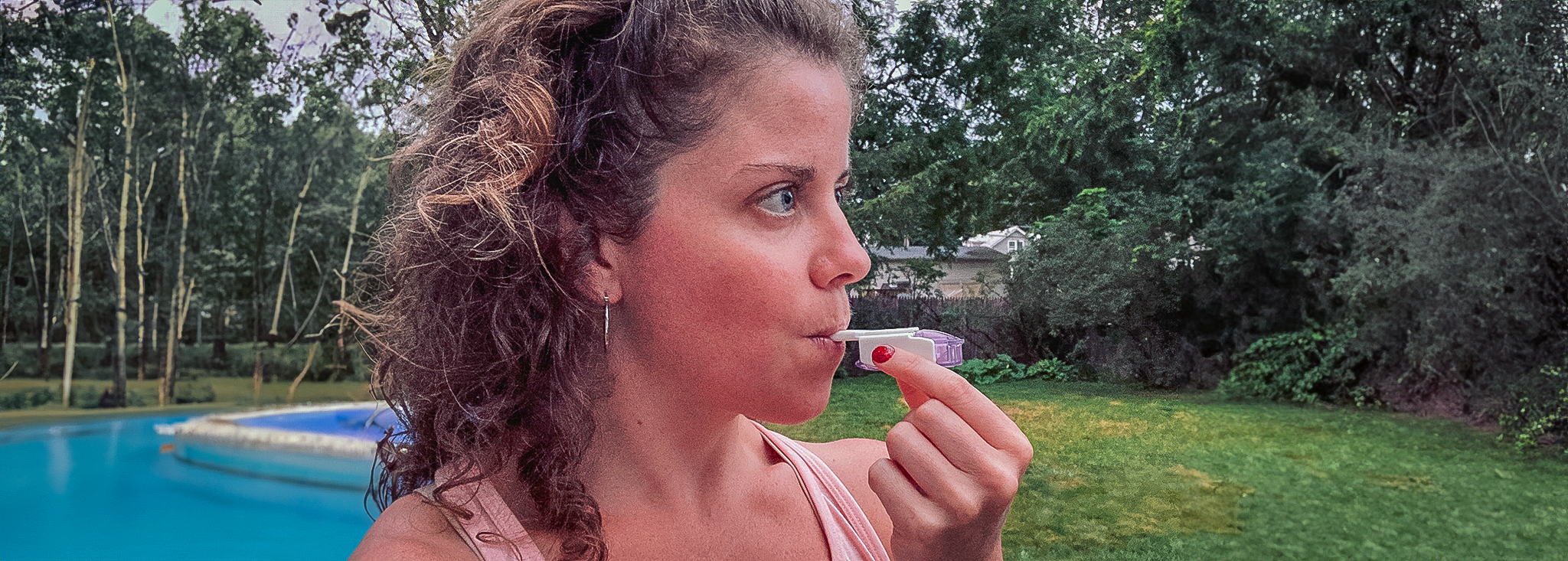Which Sunglasses are Best for People with Diabetes?
Written by: Ginger Vieira
3 minute read
May 20, 2021
Before you buy your next pair of sunglasses, consider more than just how cool the frames will look with your latest hairstyle.
The right type of sunglasses can offer more than just a little shade, they can protect your eyes from ultraviolet (UV) light damage from the sun. This is especially important for people with diabetes because your eyes and your vision already face risks of diabetes-related eye complications.
Let’s take a closer look.
UV light & your eyes
There are actually three categories of UV light: UVA, UVB and UVC.
Most of the UV light you’re exposed to from the sun is UVA light, with some UVB and UVC light, explains the Center for Disease Control and Prevention (CDC). Most UVB light is absorbed by the ozone layer, and all UVC light is absorbed by the ozone layer or filtered by the atmosphere.
You probably know that UVA and UVB light can both damage your skin—increasing your risk of skin cancer—but it’s important to protect your eyes from UV light, too.
The CDC suggests using eye protection, like sunglasses, to reduce your exposure to UV rays that increase the likelihood of developing blinding eye diseases.
Research suggests that people with diabetes should take extra precaution when it comes to protecting their eyes from UV light because:
- Regular UV light exposure can cause diabetic macular edema (DME) to progress.
- Regular UV light exposure can contribute to the development of DME if you’ve had cataract surgery.
- People with retinopathy have an increased risk of developing DME, which means UV light exposure increases your risk and the stress on several parts of your eyes.
Even if you don’t have any diagnosed eye complications as a person with diabetes, it’s still worthwhile to protect your eyes further from UV light.
Sunglasses that protect you from UV light
While it might sound expensive, finding affordable sunglasses that protect your eyes from UV light isn’t hard.
It’s important to note that polarized sunglasses are not the same as UV protection, but polarization helps protect your eyes from glare, as well as someone who’s undergone refractive eye surgery.
You’ll want to look specifically for a sticker or wording that says something like:
- “100% protection against UVA & UVB”
- “UV Protection”
- “UV 400 Protection”
The 400 refers to the full wavelength of UV light.
If you wear prescription glasses or sunglasses, talk to your eye doctor about their potential built-in UV protection and what your options are for improving their protection.
Sunglasses with UV protection don’t need to be expensive to be legit, options are available for under $30.
Eye Health content is created through the ADA x BT1 Collab, with support from Focus on Diabetes™.
Related Resources

Editor’s Note: We have a simple goal: tap into the power of the global diabetes...
Read more

Coverage of the ADA Scientific Sessions is brought to you by the ADA x BT1...
Read more

Coverage of the ADA Scientific Sessions is brought to you by the ADA x BT1...
Read more


